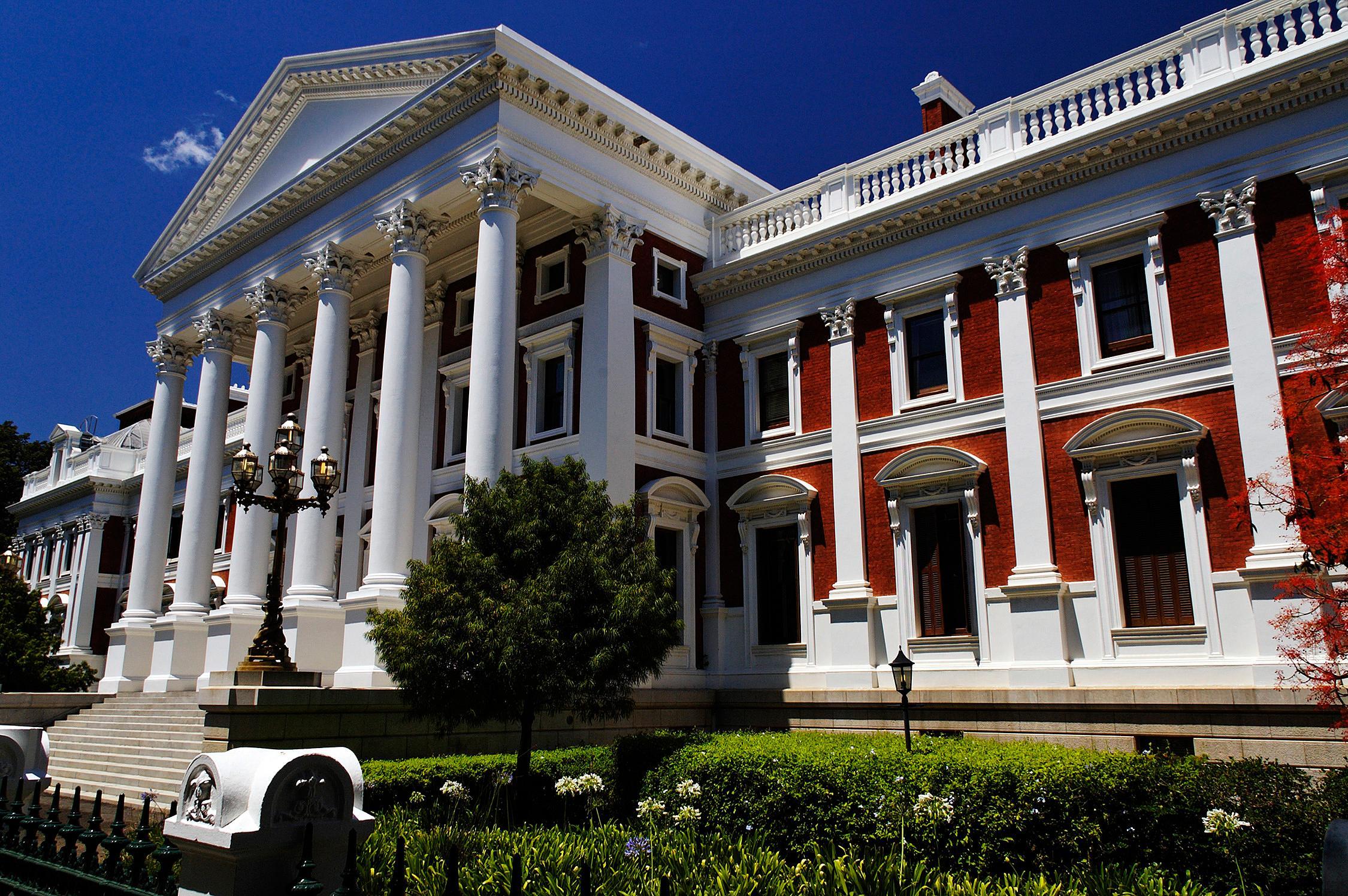This Day in History: July 13, 1984
Additional Date: July 13, 1984
South Africa was recognised as a republic and pursued a political course in which Blacks, Coloureds and Indians were denied the right to parliamentary representation. White political domination was maintained through the election of national office holders and by the extension of an all-white parliament.
By 1964, limited political rights had been extended to Coloureds and Indians. However, Blacks were only granted political rights within their so-called self-governing territories, and had no political representation in the parliament of the Republic.
Intense debate over legislative issues in the 1980s led to the adoption of a new constitution for the Republic of South Africa, in which provision was made for increased Coloured and Indian parliamentary representation.
This system of representation became known as the Tricameral Parliament, which introduced three separate houses of representation for Whites, Coloureds and Indians in 1983 (Blacks were still limited to representation in self-governing territories).
The last sitting of an all-white parliament was therefore held on 13 July 1984, with the Tricameral Parliament coming into effect on 22 September 1984, under the South African constitution of 1983.
